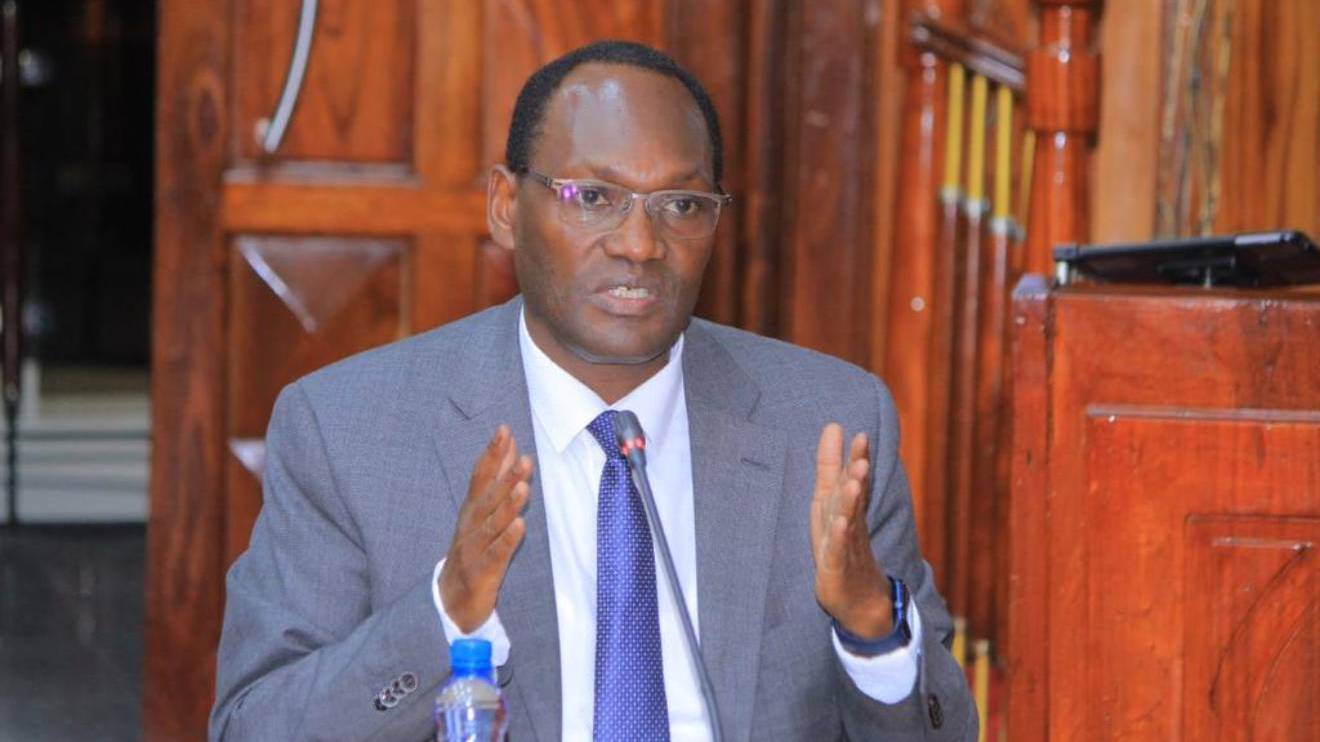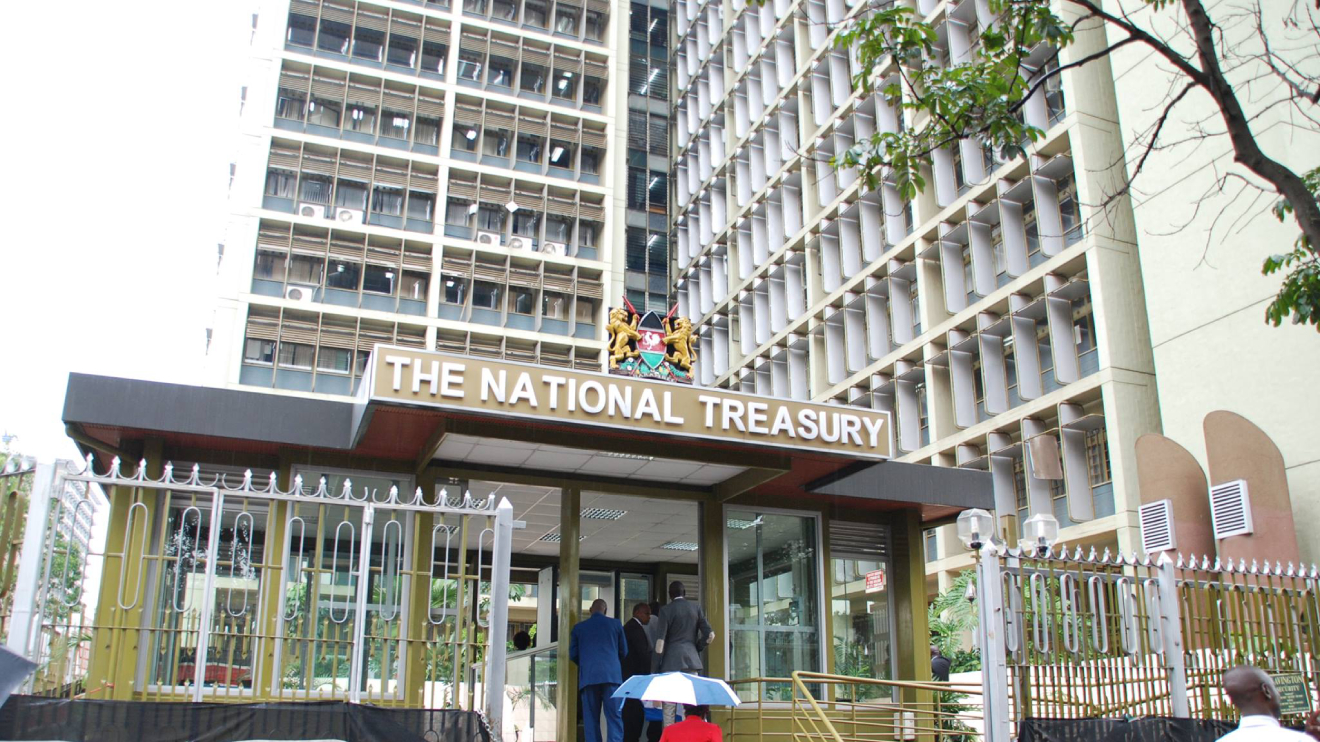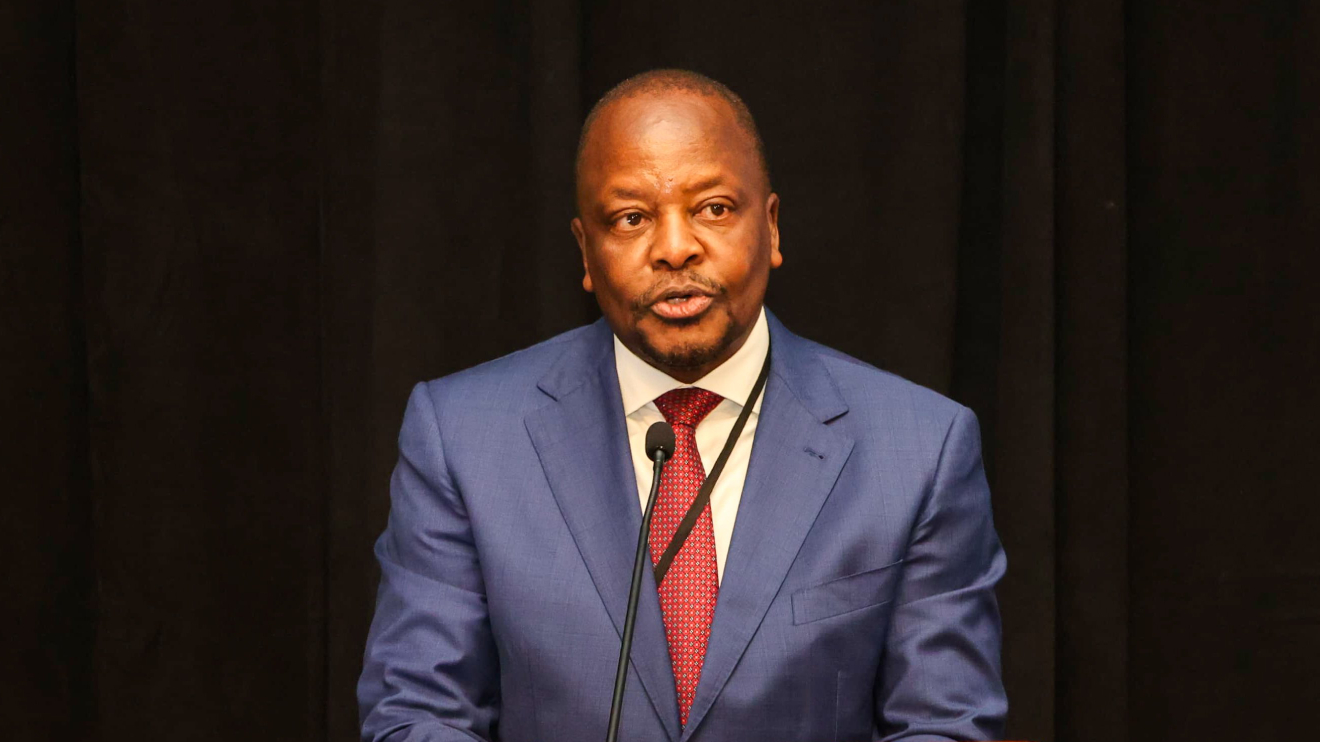The National Treasury is facing strong criticism in Parliament over a secret plan to increase the fuel levy by Sh5 per litre to fund a Sh270 billion loan through a controversial securitisation deal.
During a session of the Public Debt and Budget Committee, lawmakers questioned Treasury Principal Secretary Chris Kiptoo over the legality of using the levy without parliamentary approval.
The plan would increase the Road Maintenance Levy Fund (RMLF) from Sh25 to Sh30 per litre, with the extra funds used as collateral in a loan arrangement to support road construction and pay off pending bills.
MPs said the move bypasses Parliament and violates budgetary laws. Baringo North MP Joseph Makilap said, “The Treasury has no legal authority to divert the five shillings without amending the law. This is a blatant overreach and a violation of appropriation laws.”
The securitisation model involves selling future fuel levy revenues to a Special Purpose Vehicle (SPV) to receive immediate cash.
Read More
Kiptoo told the committee that the plan had Cabinet approval and was aimed at unlocking funds to resume stalled road projects
“We needed a solution to unlock working capital and get contractors back on site. Securitisation of the levy was deemed the most viable option within the existing legal framework.”
He added, “Of course, it has to still come to parliament. And I think we have referred also to Sh12 shillings in this. It means there is an additional five shillings being proposed also to be accommodated, so that a total of Sh12 shillings will be ring fenced.”
MPs raised concerns about how the loan would be repaid using funds already allocated to road agencies like KeRRA and KeNHA.
Kinangop MP Zachari Kwenya said, “This is money that Parliament allocated for maintenance, you have gone behind our backs and turned it into a debt instrument. That’s not just irregular — it’s dangerous.”
They also demanded details on which financial institutions were involved in the Sh270 billion deal, the interest rates, and what would happen if the Kenya Roads Board defaulted.
Kandara MP Chege Njuguna said, “The real issue here is the legality of securitising a public levy without parliamentary approval.”
The session became tense when Kiptoo tried to leave for another meeting. MPs insisted he stay, saying only he could answer their questions.
“This committee cannot accept substitutes. The P.S. must return and give this House the answers it deserves,” Makilap said, warning that the country was nearing a “debt convergence point” that could affect its financial stability.
With over Sh800 billion in pending road contracts, the committee said that using levies as loan collateral without oversight could increase public debt and weaken accountability.
Wajir East MP Aden Daudi said, “This is not a small issue. It goes to the heart of public accountability. If we don’t get this right, we risk setting a dangerous precedent for how public finances are managed in this country.”
The committee has ordered the Treasury to provide full details of the deal, including legal justifications and institutional approvals, and warned that the Sh5 levy increase should not proceed without a formal change to the law.







-1757243598.jpg)